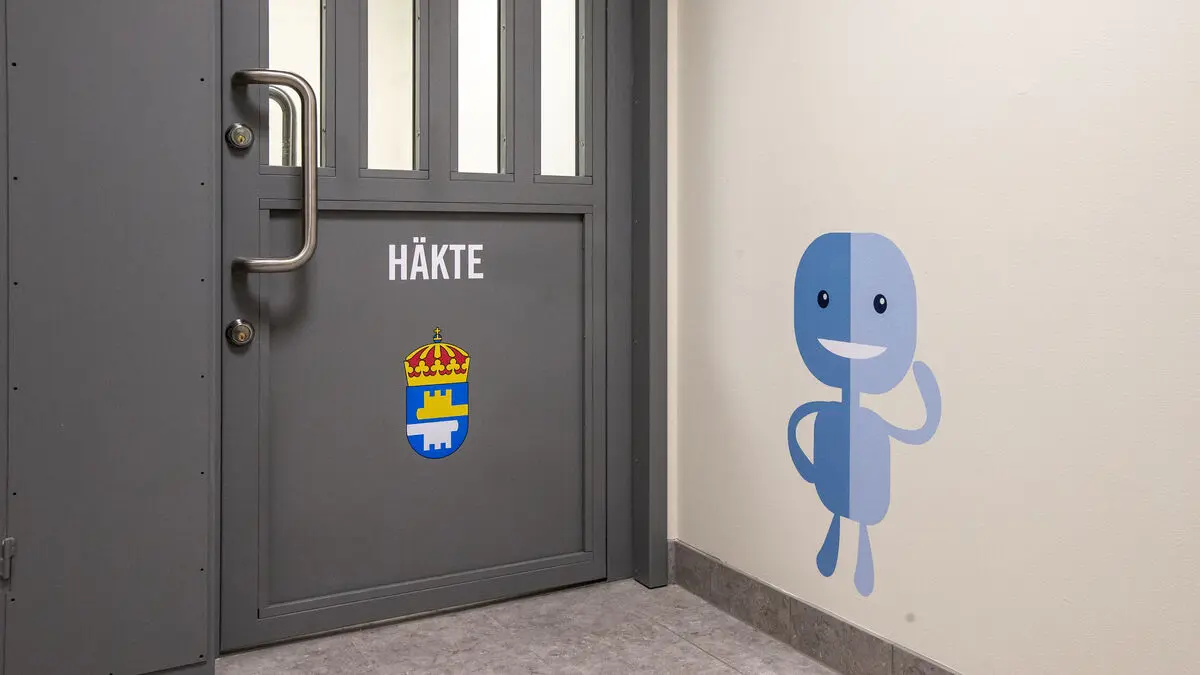On Friday, the government received an investigation into tougher penalties for corruption and misconduct. A completely new crime is proposed – abuse of public office. The crime targets publicly employed individuals who make mistakes in their jobs, for example by favoring themselves or disfavoring others.
Unlike the crime of misconduct, abuse of public office should not have any connection to the exercise of public authority, which expands responsibility. The maximum penalty for serious crime is set at six years in prison.
The proposal is part of the Tidö Agreement between the government and the Sweden Democrats.
”The fight against corruption and abuse of power is a central part of strengthening the rule of law and protecting our free and open society”, says Minister of Justice Gunnar Strömmer (The Moderate Party) in a comment.
Can change the culture
The investigation also proposes that the penalty scale for misconduct be tightened and that it be clarified what circumstances apply for an act to be considered minor and thus exempt from penalty liability.
Already today, misconduct can lead to imprisonment, but there are few convictions for serious misconduct. More common is that the case goes to the authorities' personnel responsibility boards, where the penalties become such things as salary deductions or dismissal.
When another investigation reviewed the officials' responsibility three years ago, it came to the conclusion that too strict penalty liability risks a culture with officials who are afraid to make decisions.
Tougher penalties for bribery
Gunnar Strömmer points out that new tools against corruption and extended penalty liability can strengthen confidence in public activities.
”We want a culture where officials in the public sector dare to step forward, take responsibility and make necessary decisions. At the same time, it is important that it is possible to demand responsibility when something has gone wrong", he says.
The penalty scale for bribery and other corruption crimes may also be tightened. And the investigation also proposes a new crime – negligent financing of corruption crimes – which targets transactions that are carried out without the employee having control over where the money goes.
The investigation is now being sent out for review and the new law is proposed to come into force on January 1, 2027.
The investigation proposes that the penalty scale for abuse of public office should be a fine or imprisonment for a maximum of three years and for serious crime imprisonment for at least two years and a maximum of six years.
The penalty scale for misconduct is increased for crimes of normal degree from imprisonment for a maximum of two years to a maximum of three years. The minimum penalty for serious crime is increased from at least six months to at least two years.
The penalty scale for bribery of normal degree is tightened from a fine or imprisonment for a maximum of two years to only include imprisonment for a maximum of three years. The minimum penalty for serious crime is increased from imprisonment for six months to imprisonment for two years.






